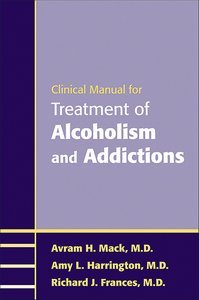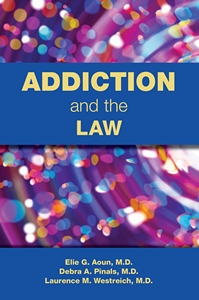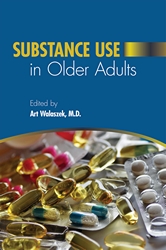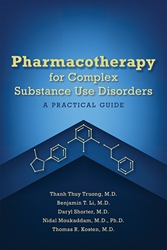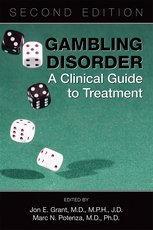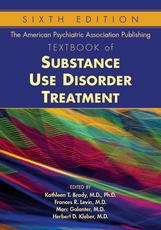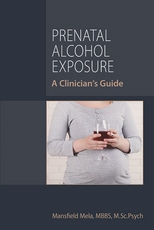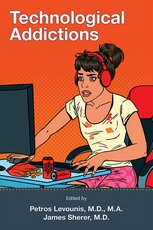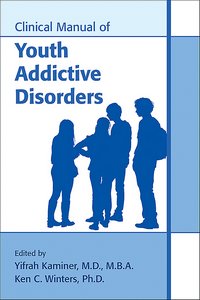Clinical Manual for Treatment of Alcoholism and Addictions
View Pricing
Description
The Clinical Manual for Treatment of Alcoholism and Addictions provides a concise overview of addiction treatment issues relevant to physicians, nurses, psychologists, social workers, alcohol and drug counselors, and rehabilitation therapists who are involved in the care of patients with substance use disorders.
Drawing from their extensive experience in treating addictions in both inpatient and outpatient settings, the authors have assembled a wealth of clinical information condensed into one easy-to-read guide. The manual
- Presents an overview of the genetics, biological markers, and pathophysiology of addiction.
- Covers specific addictive substances in detail—including epidemiology, presentation, and diagnosis.
- Highlights underlying issues related to each substance and includes sections on polysubstance abuse and psychiatric comorbidity.
- Touches on various evaluation and assessment tools
- Reviews psychosocial and pharmacological treatment modalities.
Throughout the book, complex material is made accessible through the generous use of tables and charts, and key points summarize the important take-away points for each chapter In addition, the manual offers extensive coverage of many different aspects of addiction psychiatry:
- Specific patient populations, such as children and adolescents, seniors, mentally and physically handicapped persons, the chronically ill, and the homeless
- Various treatment settings, such as general hospitals, outpatient medical settings, and emergency departments
- Behavioral addictions, such as pathological gambling, kleptomania, and compulsive buying
- Violence, crime, and suicidal behavior
With their vast impact on our culture and society, substance use disorders may well become one of the main challenges for psychiatry in the twenty-first century. Effective approaches to substance use disorders require treatment combinations tailored specifically to each individual. The Clinical Manual for Treatment of Alcoholism and Addictions is an invaluable tool for informing clinicians about the wide array of treatment options available to help their patients who struggle with substance abuse problems.
Contents
- Foreword
- Preface
- Chapter 1. Introduction
- Chapter 2. Magnitude of the Problem
- Chapter 3. Neurobiology of Addictive Disorders and the Disease Concept
- Chapter 4. Evaluation and Assessment
- Chapter 5. Definition, Presentation, and Diagnosis
- Chapter 6. Natural Histories of Substance Abuse
- Chapter 7. Violence and Suicide, Injury, Corrections, and Forensics
- Chapter 8. Behavioral Addictions
- Chapter 9. Children and Adolescents
- Chapter 10. Specific Populations
- Chapter 11. General Hospital and Primary Care Settings
- Chapter 12. Treatment Modalities
- Chapter 13. Treatment Approaches
- Chapter 14. Public Health Issues
- Appendix: Workplace Substance Abuse
- Resources
- Index
About the Authors
Avram H. Mack, M.D., is Attending Physician at Georgetown University Hospital, Washington, D.C., and Associate Professor of Clinical Psychiatry at Georgetown University School of Medicine in Washington, D.C.
Amy L. Harrington, M.D., is Physician at Georgetown University Hospital in Washington, D.C.
Richard J. Frances, M.D., is Clinical Professor of Psychiatry at New York University, New York City; Adjunct Professor of Psychiatry at University of Medicine and Dentistry of New Jersey, Newark, New Jersey; and Director of Professional and Public Education at Silver Hill Hospital in New Canaan, Connecticut.
Related Products
Carousel Control - items will scroll by tabbing through them, otherwise arrows can be used to scroll one item at a time
